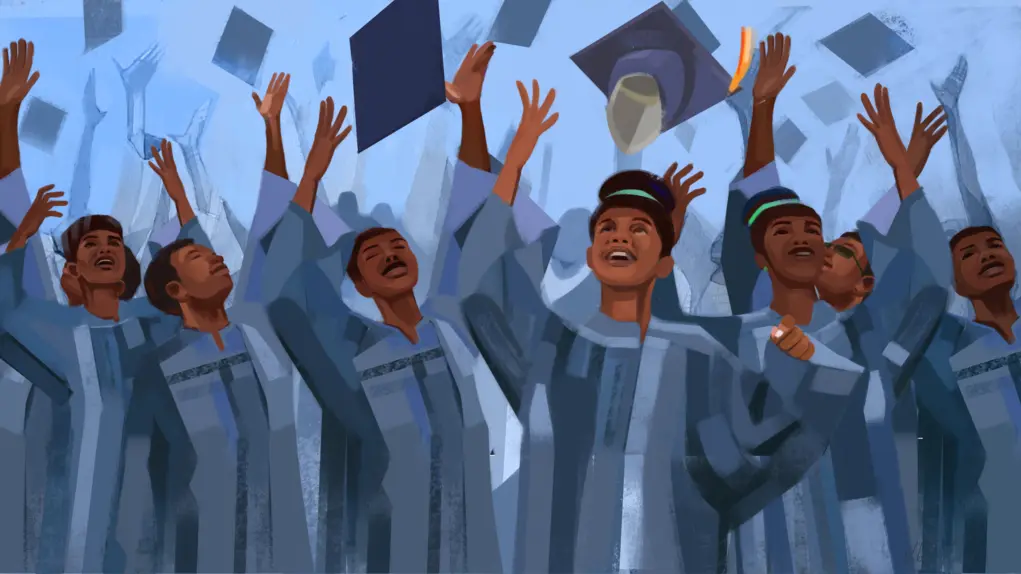Challenge: Although a focus on Early Childhood Education (ECE) has gained much ground in the public sector ever since Pharo Foundation contributed to the programme, access is still an issue due to scarcity of resources. Currently, ECE is only accessed by 5% of school-aged children in Somaliland’s public and private schools. Other issues include a high teacher-child ratio and poor teacher remuneration. ECE is currently a sub-sector of formal education. This limitation further complicates the roles and relationships between the ministry’s ECE Unit and relevant ministries.
Our response: The importance of early childhood learning is cemented by the UN referencing it in its Social Development goal number 4, which seeks to ensure that by 2030 all children will have access to quality pre-primary education. Indeed, a focus on ECE has been proven to have positive long and short-term results and the costs are overshadowed by the social gains. As such, Pharo Foundation sought to accelerate efforts to overcome this challenge by strengthening the capacity of the Ministry of Education in this area. Pharo Foundation has built 18 ECE Centres across the country and these are mostly in disadvantaged areas. The Foundation builds classrooms and provides teaching and learning supplies, uniforms, and health and nutrition to more than 1,100 students. Some of the components of the ECE program include:
- Early Childhood Education Programme designed to prepare students for formal education.
- Lower Primary Literacy Programme designed to supplement the educational experience of all learners including those who hadn’t attended ECE and to develop the teaching staff.
- Maternal Literacy Programme designed to enhance home-learning and community economic development.
